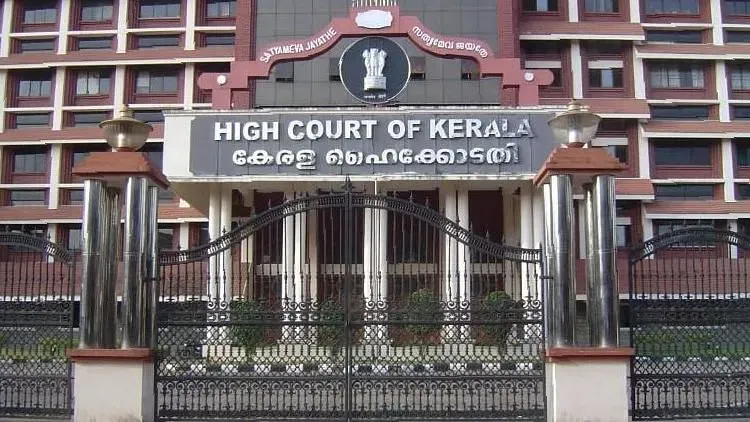The Judicial Directive Justice Kunhikrishnan's order mandates that appellate authorities must pass final orders within 30 days of concluding hearings. If there is a delay beyond this period, the reasons must be explicitly documented in the order. This documentation will enable higher authorities to assess whether the delay has prejudiced any party. In cases where orders are not passed within three months, the parties must be reheard, failing which the order can be set aside unless compelling reasons justify it.
Reason for the Directive The order stems from a case involving a landowner accused of illegal mining. The Department of Mining and Geology issued a fine and royalty demand against the petitioner, who appealed under the Kerala Minor Mineral Concession Rules, 2015. The appellate authority's significant delay in delivering the judgment—over six months—prompted the petitioner to approach the High Court. The court found the delay unjustifiable and indicative of broader systemic issues.
Impact on Judicial Efficiency This directive is poised to significantly improve the efficiency of the judicial process. By setting clear deadlines, the High Court aims to reduce the backlog of cases and ensure timely justice. The requirement for authorities to justify delays adds a layer of accountability, potentially deterring unnecessary procrastination. This move is part of a broader effort to streamline judicial processes and enhance the public's trust in the legal system.
Guidelines for Statutory Authorities The High Court laid out specific guidelines for statutory authorities:
- Final orders must be passed within 30 days post-hearing.
- Delays beyond a month must be justified in writing.
- Orders not passed within three months necessitate rehearing.
- Orders passed after six months are to be set aside unless compelling reasons exist.
These guidelines are designed to create a more structured and efficient appellate process, ensuring that justice is delivered promptly and transparently.
Role of the Chief Secretary The court directed the Chief Secretary of Kerala to issue necessary orders to implement these guidelines and to ensure public awareness. This step underscores the importance of administrative support in enforcing judicial directives. The involvement of the Chief Secretary is crucial for institutionalizing these guidelines across various statutory authorities, thereby standardizing the appellate process.
Case Study: The Landowner's Petition The landowner's petition serves as a case study highlighting the issues of delay and inefficiency in the appellate process. The court noted that the appellate authority took over six months to deliver a judgment, which was deemed unacceptable. This delay not only affected the petitioner's rights but also reflected poorly on the administrative functioning of the appellate body. By setting aside the order and directing a fresh consideration, the High Court underscored the need for timely justice.
Legal Representation and Arguments The petitioner was represented by advocates Jomy George and Deepak Mohan, while Government Pleader BS Syamantak appeared for the State. The advocates highlighted the undue delay and the lack of comprehensive information in the original order by the Department of Mining and Geology. The High Court’s decision to set aside the delayed order and direct a fresh hearing was based on these arguments, emphasizing the need for thorough and timely judicial processes.
Implications for Future Cases The High Court's directive will have far-reaching implications for future cases. Statutory authorities will now be under greater scrutiny to adhere to the set deadlines, and any deviation will require substantial justification. This move is expected to expedite the appellate process across various sectors, including mining, industrial disputes, and other statutory appeals, thereby fostering a more efficient legal environment.
Ensuring Justice and Accountability The directive aims to balance the need for timely justice with accountability. By requiring detailed justifications for delays, the High Court ensures that statutory authorities remain accountable to the public they serve. This measure is expected to reduce arbitrary delays and enhance the overall effectiveness of the judicial system.
Conclusion The Kerala High Court's directive to set deadlines for appellate authorities marks a significant step towards improving judicial efficiency and accountability. By mandating timely delivery of orders and requiring justifications for delays, the court aims to streamline the appellate process and ensure that justice is not only done but seen to be done promptly. This initiative is a critical development in the quest for a more efficient and transparent legal system in India.










0 Comments
Thank you for your response. It will help us to improve in the future.